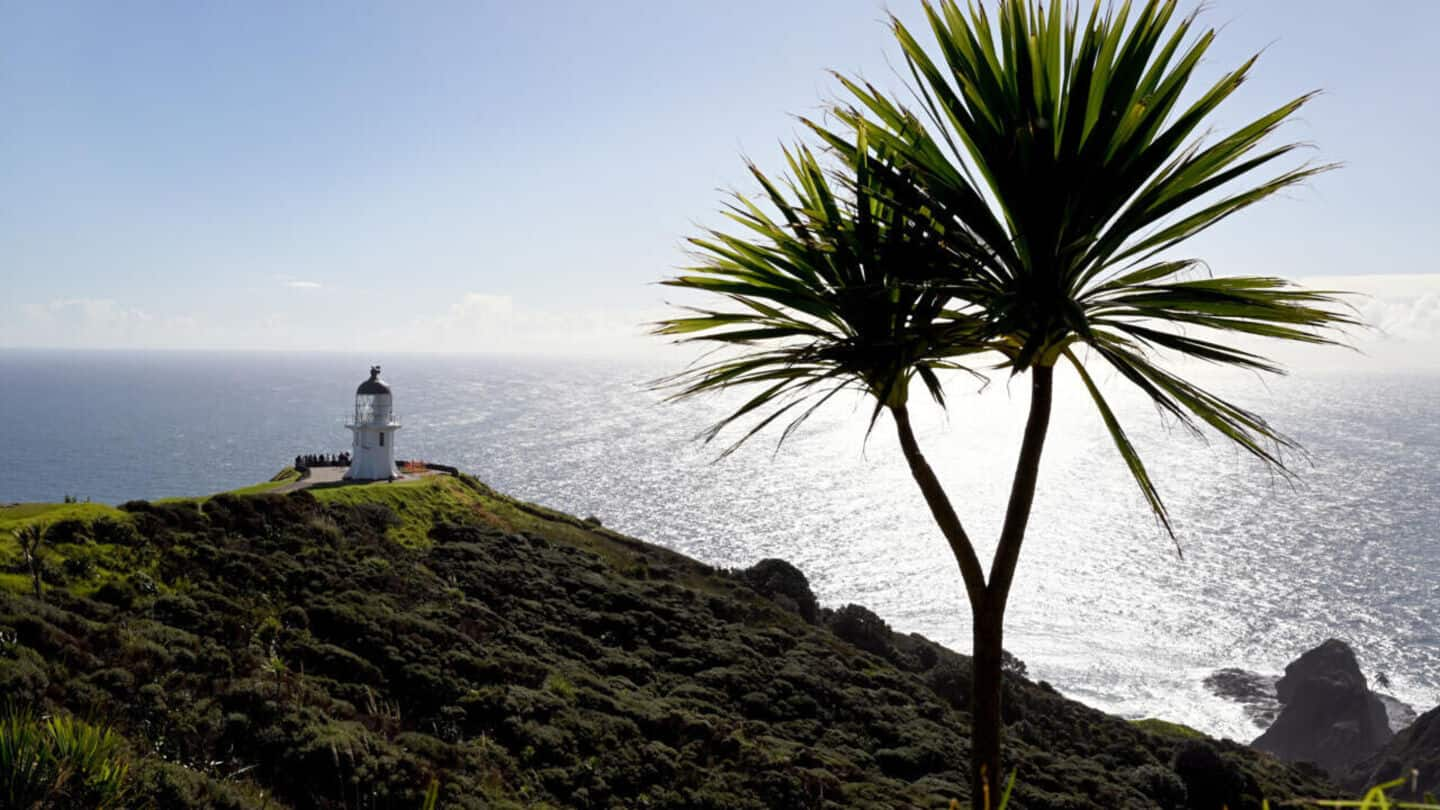
New Zealand oceans warming 34% faster than global average: Study
What's the story
New Zealand's oceans are warming at a rate 34% faster than the global average, according to a new government report. The Our Marine Environment 2025 report, released by the Ministry of the Environment and Stats NZ, highlights major changes in the country's marine environment. It warns that NZD180 billion ($103.3 billion) worth of housing is now at risk from flooding and storm damage due to a combination of rising sea levels and more intense storms.
Coastal risks
Infrastructure at risk
The report also highlights that more than NZD26 billion ($14.9 billion) worth of infrastructure is vulnerable to damage from extreme weather events. Dr. Alison Collins, the ministry's chief science adviser, emphasized the immediate threat to New Zealand's coastal zones. She said, "Climate change isn't just something far and distant... it has impacts on our ocean and on our coast."
Ecosystem impact
Coastal storms becoming more frequent, severe
The report warns that some regions could see sea levels rise by 20cm to 30cm by 2050. This could lead to coastal storms becoming more frequent and severe. New Zealand's four ocean regions have seen an average increase of 0.16 to 0.26 degrees Celsius per decade in sea-surface temperatures between 1982 and 2023, outpacing global averages.
Industry impact
Shift in oceanic boundaries
The Subtropical Front, a key oceanic boundary, has also shifted 120km west for the first time in history due to warming waters. This shift could have "huge impacts" on ecosystems and species such as corals, sponges, kelp, and fish. Ocean acidification is affecting New Zealand's fishing and aquaculture industries, which contribute NZD1.1 billion ($630 million) to the economy.
Biodiversity threat
Marine heatwaves impact marine life
Marine heatwaves in New Zealand have resulted in mass sea sponge bleaching, die-offs of southern bull kelp, large-scale fish strandings, and penguin deaths. The report notes that while monitoring and research into the marine environment are increasing, there are still gaps in understanding how climate change interacts with oceans and ecosystems. Dr. Collins called this lack of understanding a major blind spot for New Zealand's approach to climate resilience and sustainability efforts.